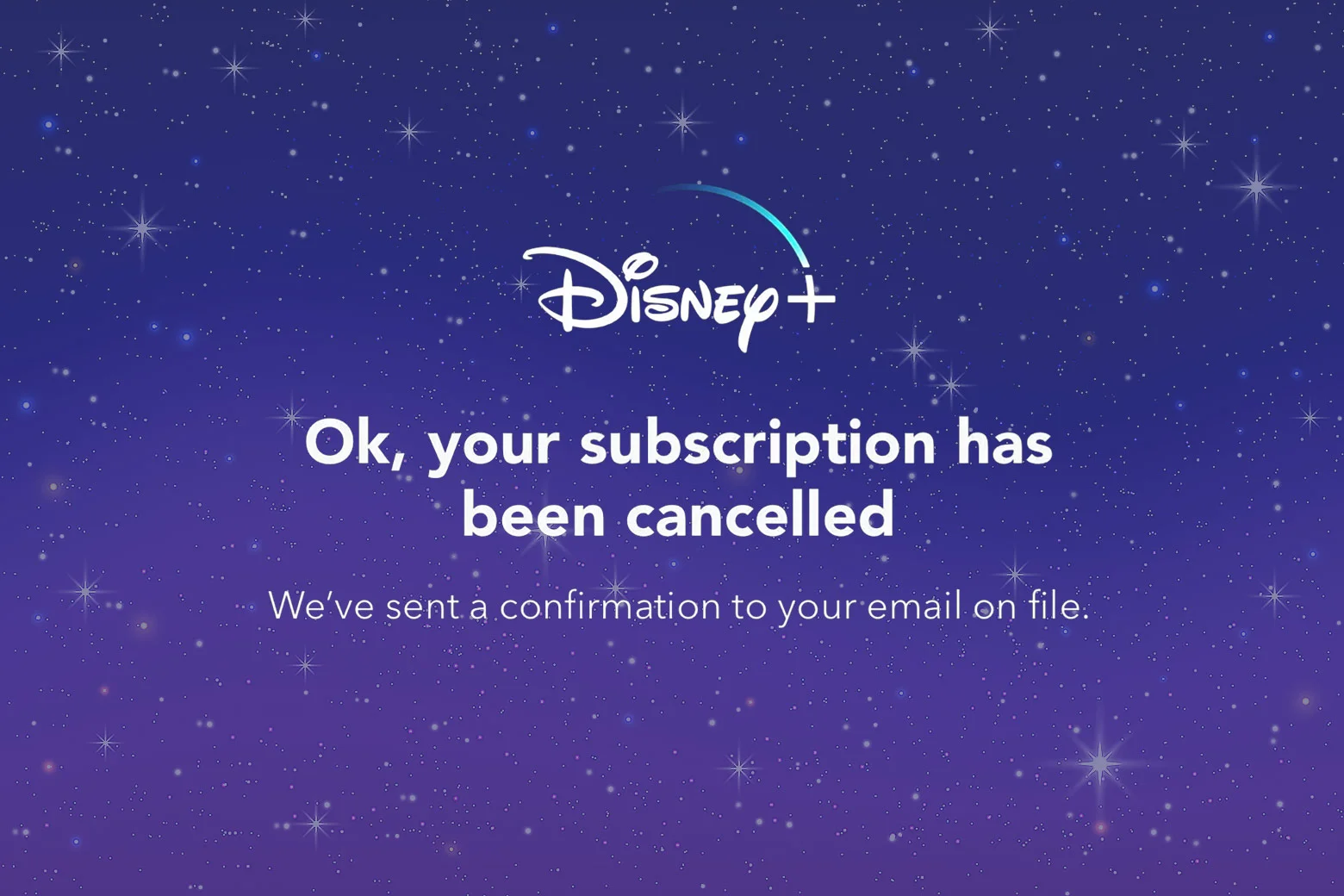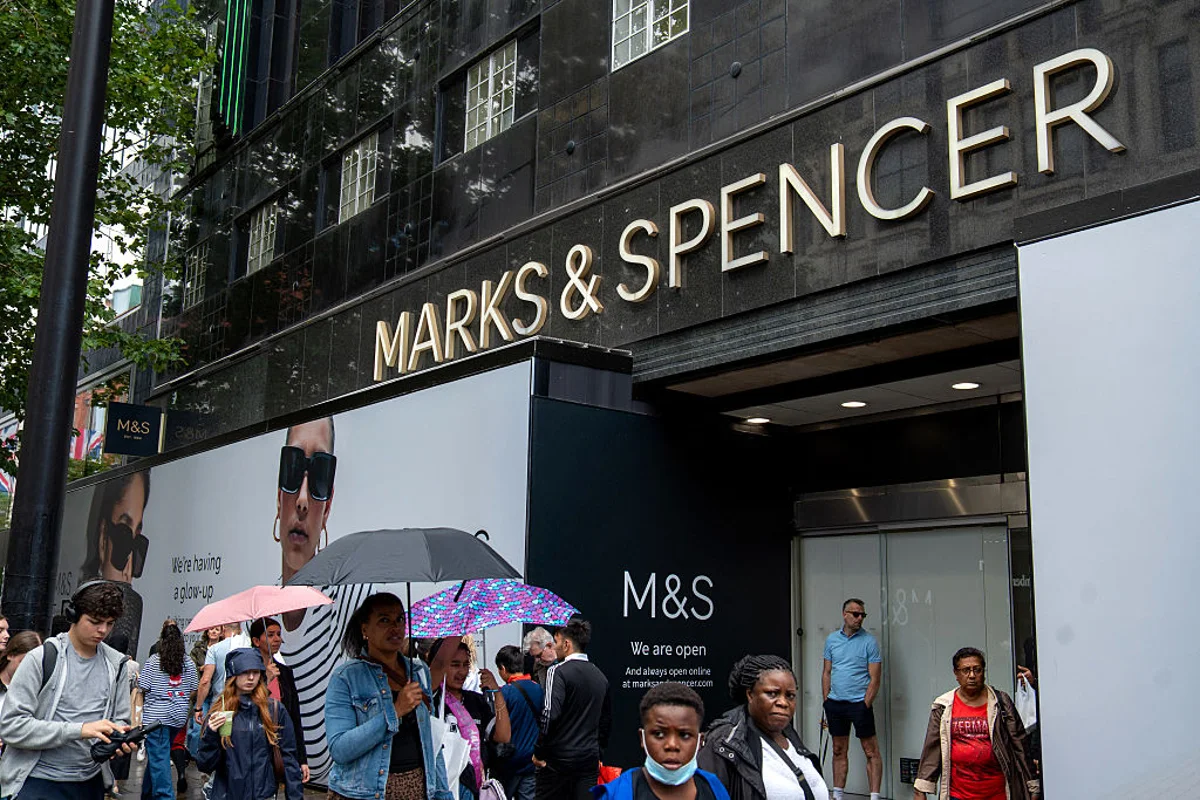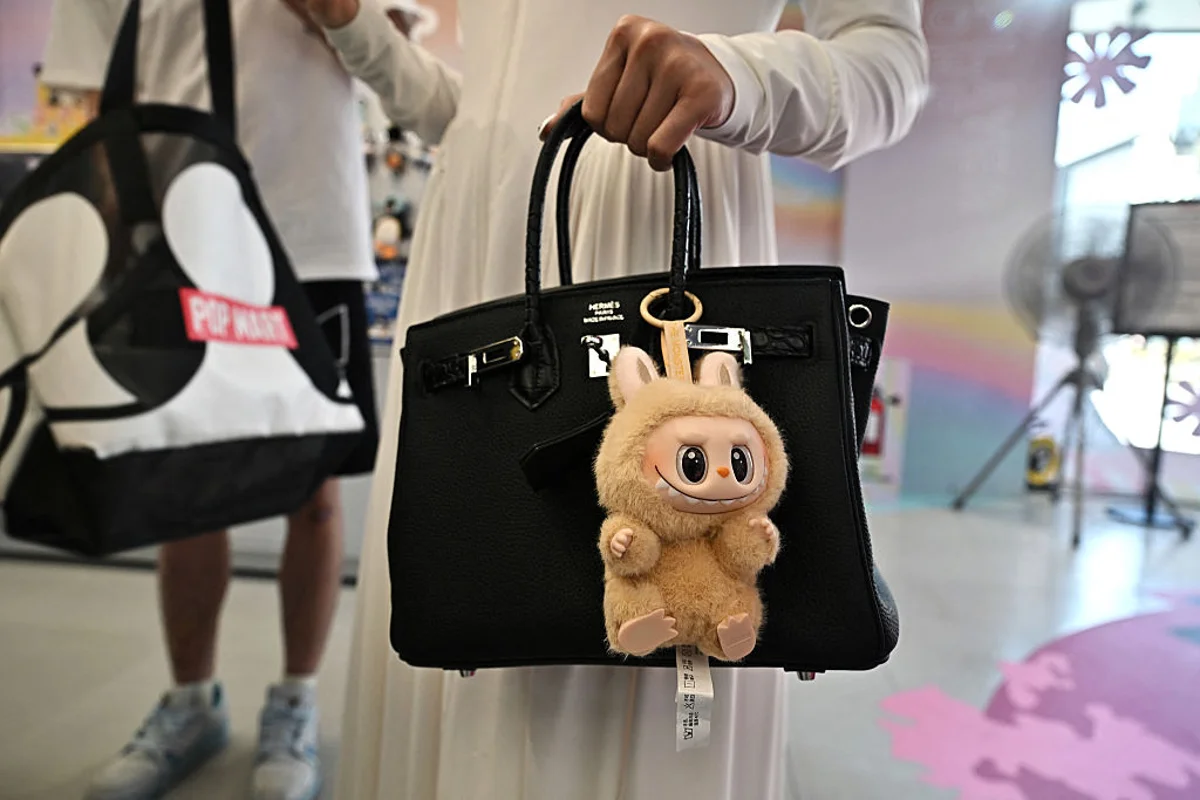The Disney+ boycotts worked-but Nexstar and Sinclair are still silencing the late-night host.

Sign up for the Slatest to get the most insightful analysis, criticism, and advice out there, delivered to your inbox daily.
It turns out that #resistance can still have an impact in Trump’s America. After a five-day spree of street protests, planned boycotts of theme parks and streaming services (chiefly, the Disney+/Hulu juggernaut), and rebukes from politicians as well as a former CEO, the Walt Disney Company announced in a Monday-afternoon statement that it was suspending its controversial suspension of Jimmy Kimmel Live! The beloved late-night talk show will quickly make it back to the ABC airwaves, just in time for tonight’s broadcast.
“We made the decision to suspend production on the show to avoid further inflaming a tense situation at an emotional moment for our country,” read Disney’s statement, referring to the namesake host’s comments on the right-wing discourse surrounding the identity of Charlie Kirk’s alleged killer. “We have spent the last days having thoughtful conversations with Jimmy, and after those conversations, we reached the decision to return the show on Tuesday.”
Whatever your views on Kimmel himself, this is an unambiguous victory for America’s long-held free-speech principles. Nevertheless, it is also a limited one. Nexstar and Sinclair, the powerful local-TV-market gatekeepers that kicked off this mess last week by refusing to air Jimmy Kimmel Live! on their ABC affiliate channels, are sticking by their decision—meaning that the live Kimmel broadcast will remain unavailable to masses of viewers in capital cities like Harrisburg, Columbus, D.C., and even beyond.
Out of the hundreds of ABC affiliates stationed across the United States, 66 are collectively franchised by Nexstar and Sinclair, with the latter alone accounting for over half of those channels. Both of these media groups had revolted against the Kirk monologue last week, with the long-conservative Sinclair further insisting that Kimmel donate to the late firebrand’s family and his liberal-hounding organization, Turning Point USA, as a precondition for reinstatement. Perhaps suitably, Sinclair was the first to come out this week with a declaration that it would replace Kimmel’s ABC-affiliate slot with generic “news programming” as it continues discussions with the national network. Nexstar followed on Tuesday, asking in a public statement for “assurance that all parties are committed to fostering an environment of respectful, constructive dialogue in the markets we serve.”
But the corporate duo’s paeans to the sanctity of Kirk’s memory feel rather limp, not least because Sinclair had backed off from its initial vow to saturate its channels with repeated airings of a televised Kirk tribute. Their respective decisions last week to “pre-empt” Jimmy Kimmel Live! only came after Federal Communications Commission Chair Brendan Carr told right-wing podcaster Benny Johnson that “licensed broadcasters” should take the initiative to “push back” against Disney, in protest of the Kirk monologue, for the sake of the “public interest.” Notably, as the two largest local-broadcast owners in the country, Nexstar and Sinclair have both made business arrangements to prep for future mergers—which will require Carr’s signoff.
During his Monday address at the Concordia Annual Summit in New York City, Carr insisted that those words played no role in Kimmel’s suspension, instead blaming the show’s preemption on its “ratings.” Sure, it’s been universally recognized that live, linear late-night TV is no longer as vital as it once was. But Carr’s dismissal ignores the fact that notable clips from late-night shows—including Jimmy Kimmel Live!—still earn potent digital traction, through YouTube and TikTok as well as social media shares and news writeups. Plus, having greenlit the Paramount-Skydance merger only after subsidiary network CBS both 1) settled Trump’s baseless lawsuit against 60 Minutes and 2) suddenly canceled Stephen Colbert’s highly rated show, Carr is not exactly a believable voice here. Look at his reactions to the Kimmel suspension: dispatching celebratory GIFs in a troll-ish manner and threatening to investigate ABC’s The View while gabbing on yet another conservative podcast. (Doesn’t this guy have a government job?)
The clear lesson that American media has taken from Carr’s approach to Paramount is that free speech rights are expendable when merger approvals are on the table. Nexstar wants to complete a $6.2 billion deal with rival station-owner Tegna that would add dozens of local stations to its already vast portfolio; Sinclair is still smarting from a planned acquisition that the first Trump administration rejected, and it doesn’t want to risk another FCC denial on Carr’s watch, especially if Sinclair can also persuade the agency to lift its cap on the number of stations any one broadcaster can own. (The company also employed the notoriously unreliable pollster Rasmussen to furnish a survey claiming that Americans approve of firing people who supposedly “celebrate” Charlie Kirk’s assassination, even though Kimmel’s monologue can hardly be characterized as a celebration.) Whatever their justifications, Nexstar, Sinclair, and Carr have shared goals: On Tuesday, Carr tweeted that it was “a good thing” for TV stations (which have “public interest obligations”) to counter Disney and ABC’s amnesty to Kimmel.
Still, if Disney hoped to temper bad press by restarting production on Jimmy Kimmel Live! (just in time to weather another round of objections to its planned price hikes on Hulu and Disney+), it may find that the liberal-boycott energy will soon turn to its local broadcasters. Illinois Gov. J.B. Pritzker, who’s been a spirited voice against the censorship of Kimmel, is now encouraging his constituents to boycott the Chicago market’s Nexstar and Sinclair-owned stations. And Variety has noted that persistent hardball could win these companies FCC favor—but also inspire Disney to no longer offer ABC as an affiliate option when negotiations between networks and broadcasters come up next year. That would be a blow to name-brand viewership that no amount of station-hoarding could repair.



